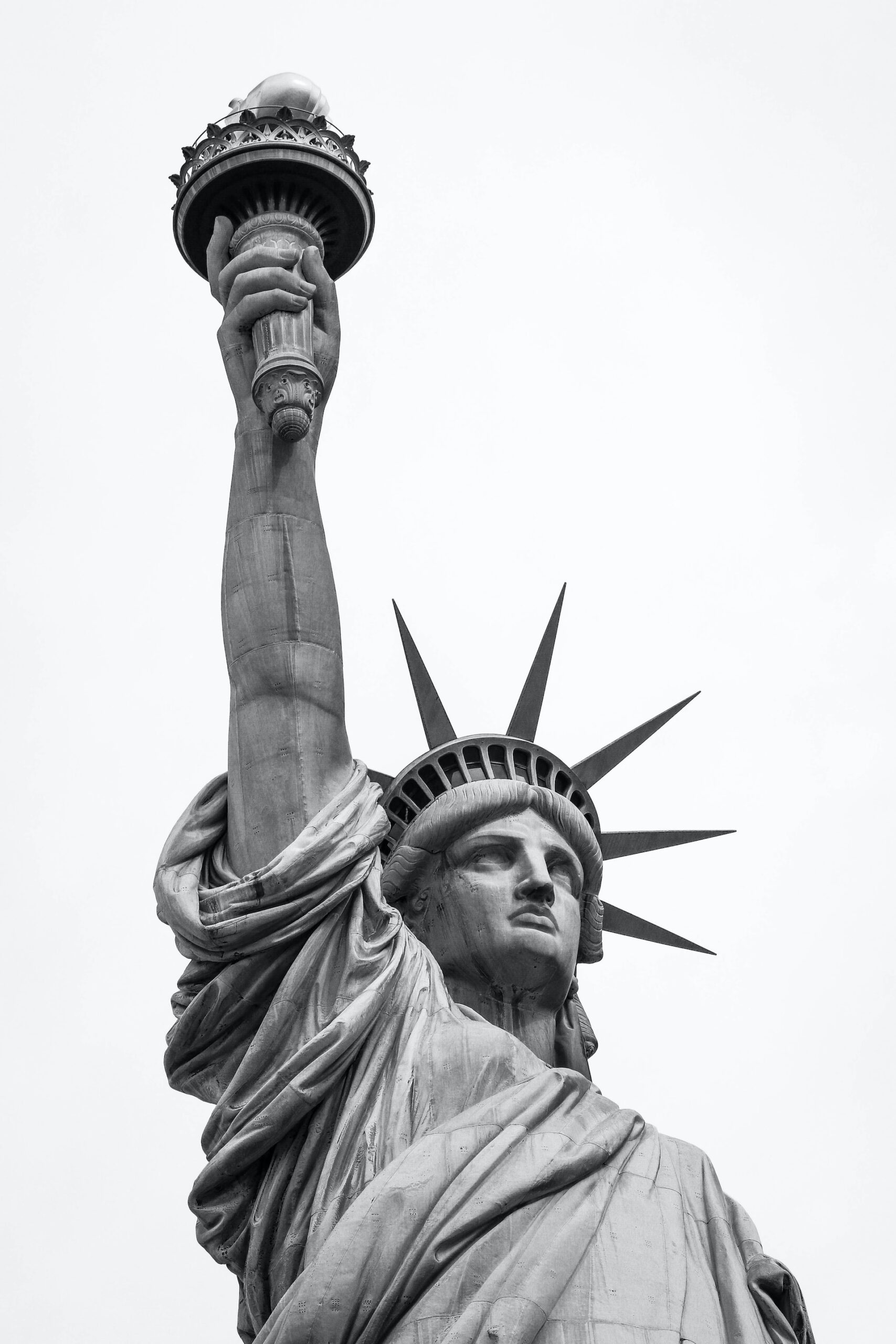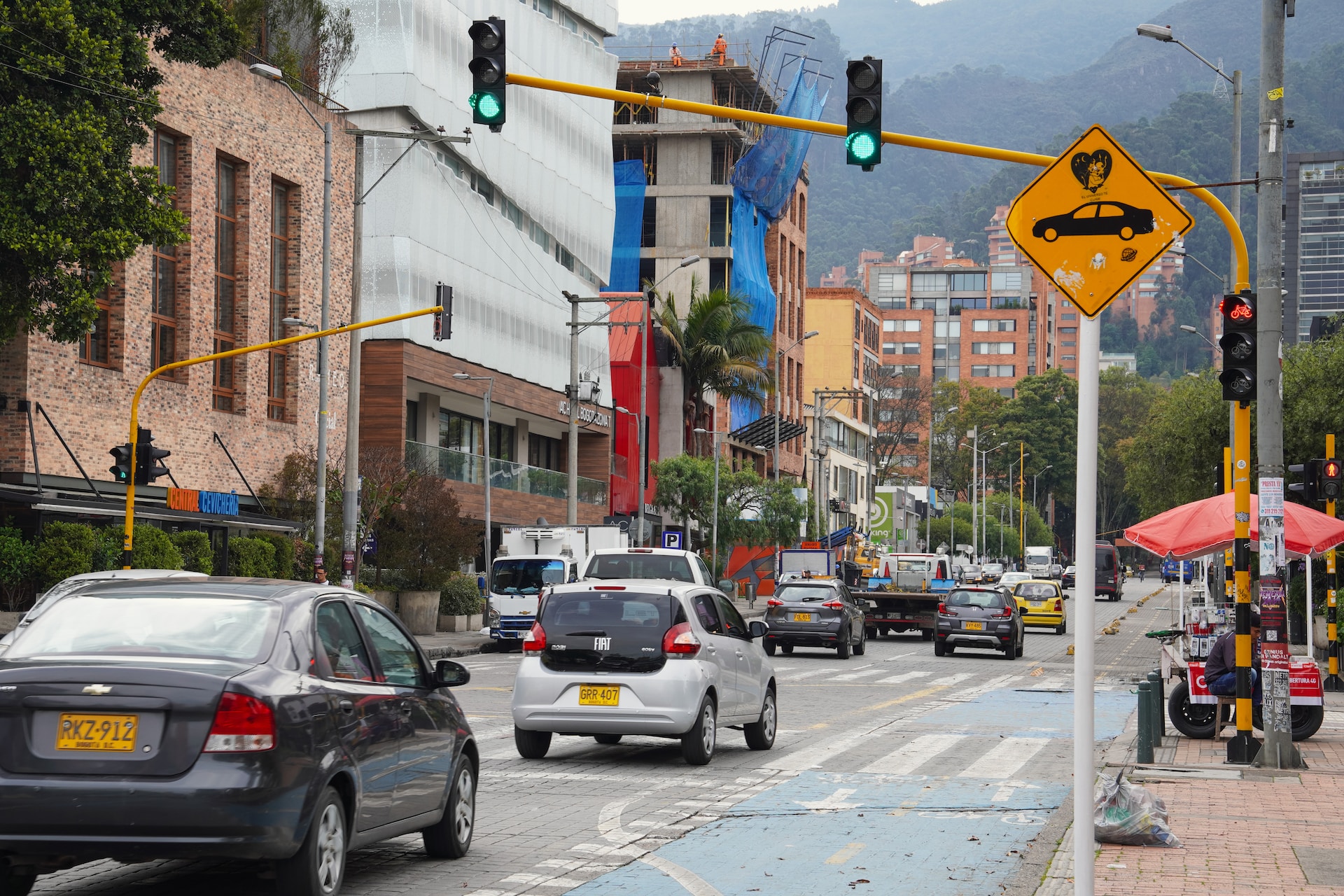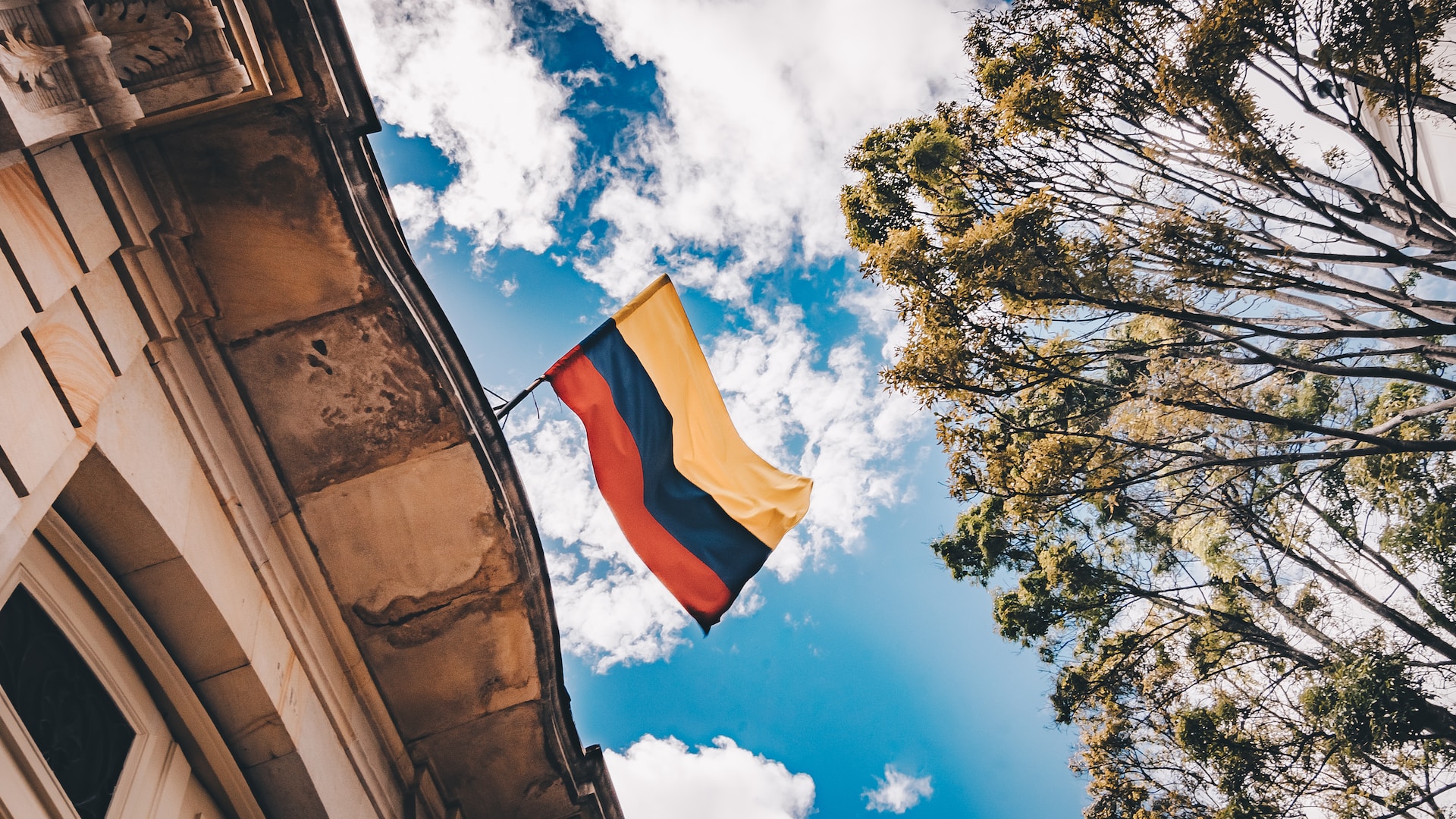
1. Social Circle
Living in Medellin has reshaped my social life. My circle of entrepreneurs and professionals inspires me to grow in business and new experiences. Unlike the U.S., where distances and transportation complicate meetups, local transport accessibility makes spontaneous gatherings easy. Despite the city’s size, there’s a community feel that simplifies social interactions.

2. Work-Life Balance
Medellin has this excellent work-life balance that I love. Unlike in the U.S., where work and long commutes consume most of your time, I enjoy a more balanced lifestyle here. Weekends aren’t just for recovering; they extend social life and personal activities. It’s a total shift from the U.S. work culture, where working more sometimes means more free time. Here in Medellin, working smart means more time to do the things I love, making it worthwhile!

3. True Freedom
Living in Medellin for over a decade has been a breath of fresh air compared to my life in the U.S., where I constantly worried about my undocumented status for nearly 30 years. Medellin is different.
The freedom here isn’t just about doing what I want; it’s about the lifestyle. Medellin offers an affordable cost of living, amazing people, both locals and expats, and countless opportunities for any project I want to tackle. It’s the backdrop to building a fulfilling life, meeting inspiring folks, and creating meaningful things—like this channel.
Medellin has this unique vibe that makes me believe I can tackle anything. It’s not just about the city itself; it’s the inner freedom it sparks. Waking up every day excited to chase my passions proves this place is transformative.
This sense of freedom might not bloom overnight, but the message is clear: it’s doable here. Medellin isn’t just a city; it’s a canvas where dreams come alive, offering a colorful mix of activities, connections, and pure joy.

4. Police and Security
Let’s talk about something that needs a bit of a makeover in Medellin—police and security. Honestly, the police system in Colombia, not just here in Medellin, often misses the mark. Sure, there are some good ones, but the general feeling is that the justice system is kind of wonky. Corruption and overcrowded prisons? Yeah, we’ve got our hands full with those.
It gets frustrating because even if they catch a criminal, they might end up back on the streets due to overcrowding or victims not wanting to press charges. It’s like this endless loop, you know?
And it’s not just about the individual officers; the whole system needs a facelift. We’re talking about a significant transformation, not just tweaking a few things. We must handle these issues before reaching the safety required levels for a tourism boom, like Paris or Berlin, which seems like a distant dream. We’re hopeful for change!

5. Driving in Colombia
While not the worst, the situation in Colombia can be a test of patience. The root of the problem lies in the lenient process of obtaining a driver’s license—no written or driving tests, just a cognitive exam. This lack of knowledge of traffic laws and corruption leads to disregarding regulations.
Not aware of the rules, many drivers contribute to chaotic traffic conditions. Compared to countries with robust law enforcement, Colombia faces challenges with separate entities for crime and traffic violations. Even if someone breaks a traffic law, the likelihood of facing consequences are low. In some cases, a bribe might resolve the situation, emphasizing the corruption within the system.
While change is desired, driving reform seems distant due to the lucrative nature of corruption. Calls for someone to champion a reform are stifled by those benefiting financially, creating a complex barrier to significant change in the system.

6. Don’t Take Responsibility
One aspect of Medellin that I find challenging is the reluctance to take responsibility. This is a significant character flaw observed across various economic levels. People here struggle to admit when they are wrong, whether highly professional or street vendors. The cultural hesitancy to apologize or make amends can be frustrating, especially considering my background in the United States.
In the U.S., the culture encourages acknowledging mistakes, learning from them, and making amends, whether in personal or professional settings. This cultural difference is something I wish to see change in my country, my city, and among my people. Taking responsibility is fundamental to personal and societal growth, and fostering this change could significantly contribute to a more accountable and thriving community.

7. Corruption
Corruption is pervasive in Colombia, extending beyond government to local levels. The culture of corruption is evident, from traffic violations where bribes are common to broader systemic issues. This isn’t solely a result of poverty; it’s ingrained in the culture. Both those offering and receiving bribes contribute to this cycle. The core issue lies in the Colombian mentality of exploiting a flawed system for personal gain.
While some might blame poverty or government actions, significant change remains elusive until Colombians shift their approach and stop taking advantage of the system. Safety, poverty levels, and opportunities hinge on altering this mindset. Despite these challenges, Colombia’s inherent positives make it a country worth living in. I choose to stay, not oblivious to the issues, but committed to being a catalyst for change. This video aims to shed light on the reality of living in Colombia, acknowledging the complexities while fostering awareness for positive transformation.

8. Medellin Master Class
If you’re considering a move to Colombia, check out the Medellin Master Class—link in the description below. This comprehensive course, distilled from my 13 years of experience, consists of 22 modules. Whether planning a permanent or semi-permanent move, this class ensures a shorter learning curve, saving you money and facilitating a happier life in Medellin.
While this sense of freedom may take time to embrace fully, the clear message is that it’s attainable here. Medellin is more than a location; it’s an invitation to a life rich in experiences and possibilities. See you in the next one!






